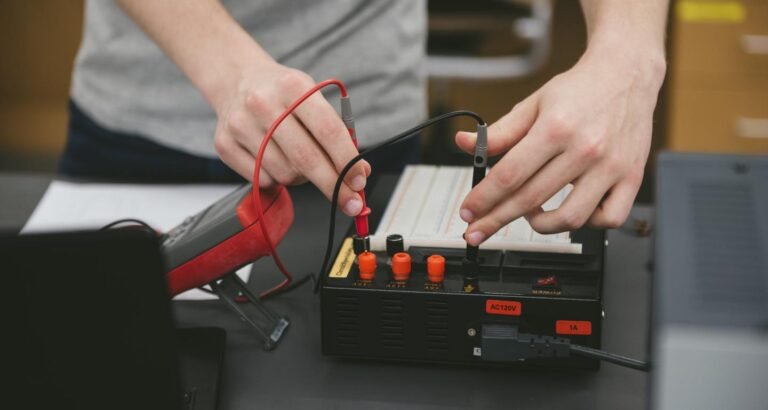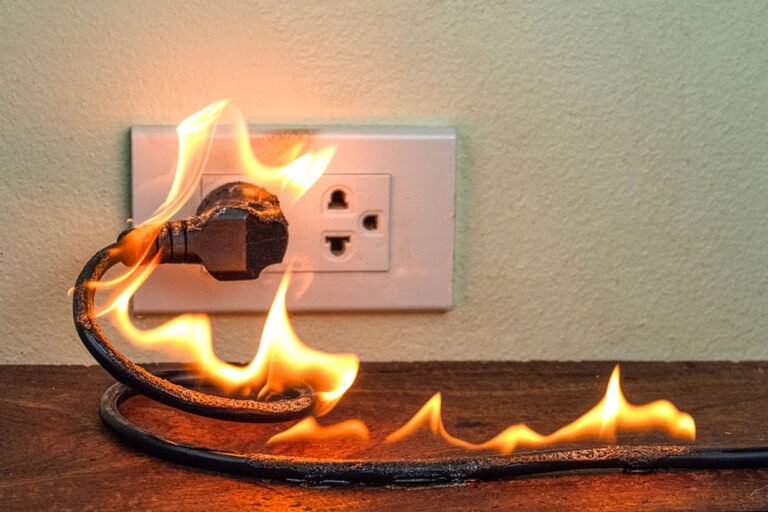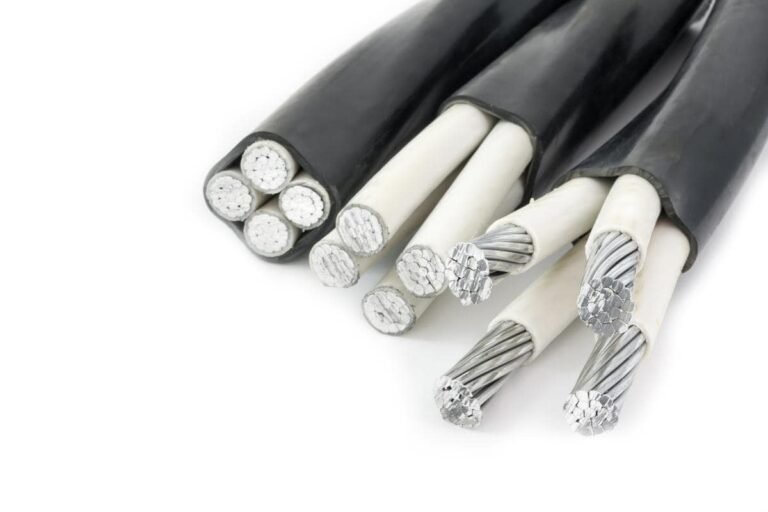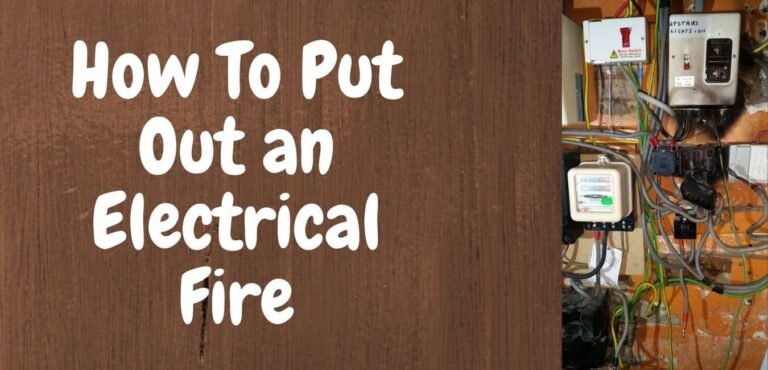Does Electrical Tape Melt
The durability of materials is essential for electrical work and do-it-yourself projects. “Does electrical tape melt?” is a frequently asked question. We will examine the melting properties of electrical tape in this in-depth guide, as well as learn what influences its melting point and which applications it works best for. It’s critical to understand the possibilities and limitations of electrical tape for safe and efficient use, whether you’re an electrician or a do-it-yourself enthusiast.
Knowing What Makes Electrical Tape What It Is
Understanding electrical tape’s composition is crucial before attempting to determine whether it melts. Rubber or vinyl are commonly used to make electrical tape, which is designed to offer protection and insulation in electrical applications.
- Electrical tape made of vinyl
One popular type is vinyl electrical tape, which is renowned for being stretchable and flexible. It is appropriate for a variety of electrical applications due to its resistance to moisture and most chemicals. Comprehending the composition of electrical tape aids in evaluating its efficacy in various scenarios. - Electrical Rubber Tape
Another type that has good insulating qualities is rubber electrical tape. Because of its adaptability to uneven surfaces and shapes, it is frequently chosen. Rubber tape’s composition has a role in its adaptability to different electrical and sealing applications as well as its longevity.
Melting Point Influencing Factors
Despite being made to resist high temperatures, electrical tape’s melting point can be affected by the following:
- Formulation
The melting point of electrical tape is largely dependent on the components that go into its construction. There are differences in the heat resistance of rubber and vinyl tapes; some can sustain temperatures higher than others. - Intenseness
Heat resistance of electrical tape can be affected by its thickness. In general, thicker tapes are less likely to melt in hot weather and offer superior insulation. The right tape thickness should be chosen after taking your project’s particular requirements into account. - The Environment of Application
It concerns what kind of atmosphere is used while applying electrical tape. If the tape is exposed to severe heat, such as in direct sunlight or near heat-producing equipment, its melting point may be a vital concern. It is easier to select the appropriate tape for the task when one is aware of the application environment.
Uses and Optimal Methodologies
Electrical tape is a useful tool for a variety of tasks, even if it is not meant to endure intense heat. The following guidelines can help you use electrical tape more skillfully:
- Electrical insulation
Electrical tape is frequently used to create a protective barrier and to insulate cables. Maintaining adequate insulation helps shield against potential risks, short circuits, and electrical shocks. For wiring applications, the right kind of tape must be chosen in order to ensure long-term efficacy. - Transient Fixtures
Electrical tape comes in quite handy for quick restorations and repairs. The tape’s adhesive qualities and flexibility make it a useful solution for a variety of tasks, including packaging objects and sealing leaks. But take into account the particular circumstances that the tape will be subjected to throughout these brief uses. - Recognition and Labeling
Labeling and identification are two other uses for electrical tape’s versatility. To help with maintenance and troubleshooting, cables and other components can be distinguished by different colors. Make sure electrical tape sticks firmly and stays readable over time when identifying objects.
Key Terms for Wise Tape Use
To learn more about the characteristics and uses of electrical tape, consider the following keywords:
- Selection of Tapes
Recognize the variables when choosing the appropriate tape for a given application. This takes into account factors like composition, thickness, and heat resistance to ensure the best possible performance under a variety of circumstances. - Resistance to heat
Examine electrical tapes’ ability to withstand heat. To make educated decisions when choosing tape for projects in various conditions, learn about the differences in heat resistance based on tape composition and thickness. - Uses for Tape
Examine the various uses for electrical tape, such as identification and temporary repairs, insulation in wire, and more. Users are better equipped to utilize electrical tape’s advantages in a variety of situations when they are aware of its many applications.
In summary, Maximizing the Potential of Electrical Tape
Upon concluding our investigation on the melting point of electrical tape, it is evident that comprehending its characteristics is essential for efficiently utilizing its potential. Electrical tape is nevertheless a useful product with a wide range of uses even though it is not intended to withstand extremely high temperatures. By examining aspects such as composition, thickness, and application environment, you can make informed selections, ensuring that electrical tape serves its job safely and reliably.







